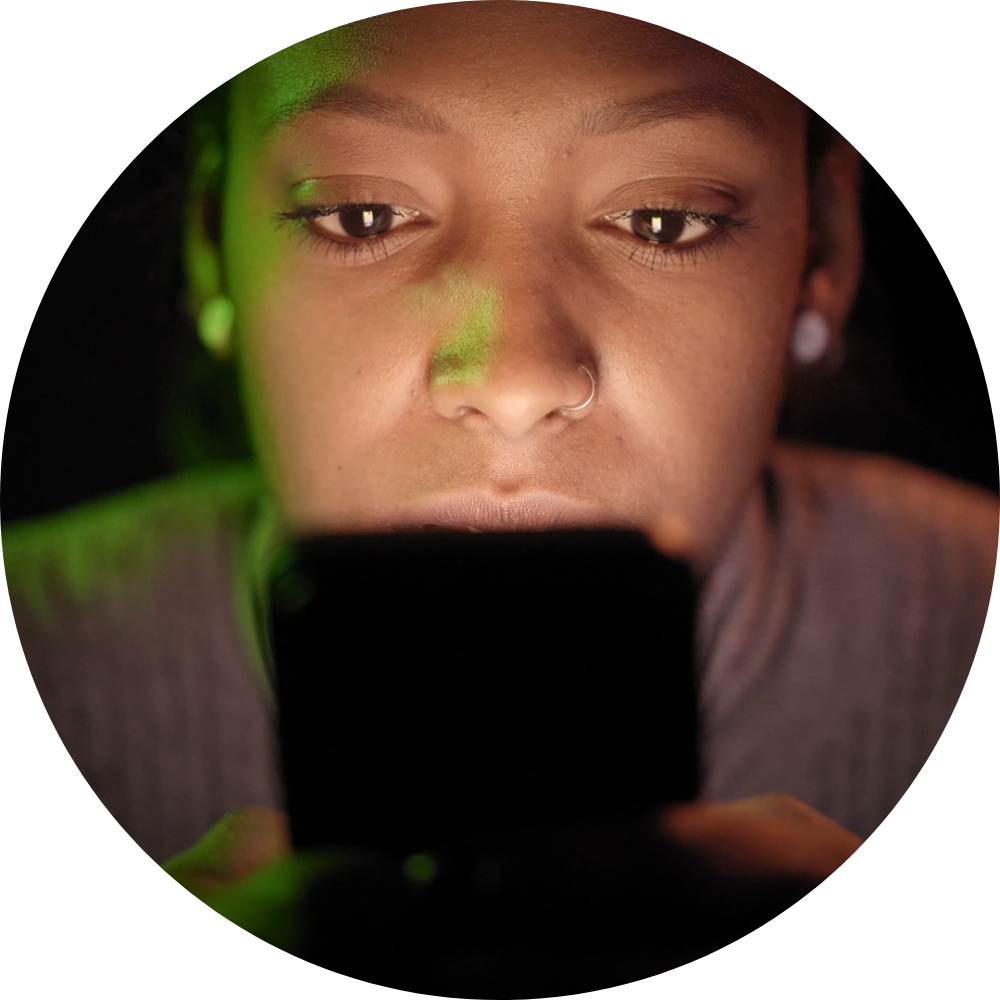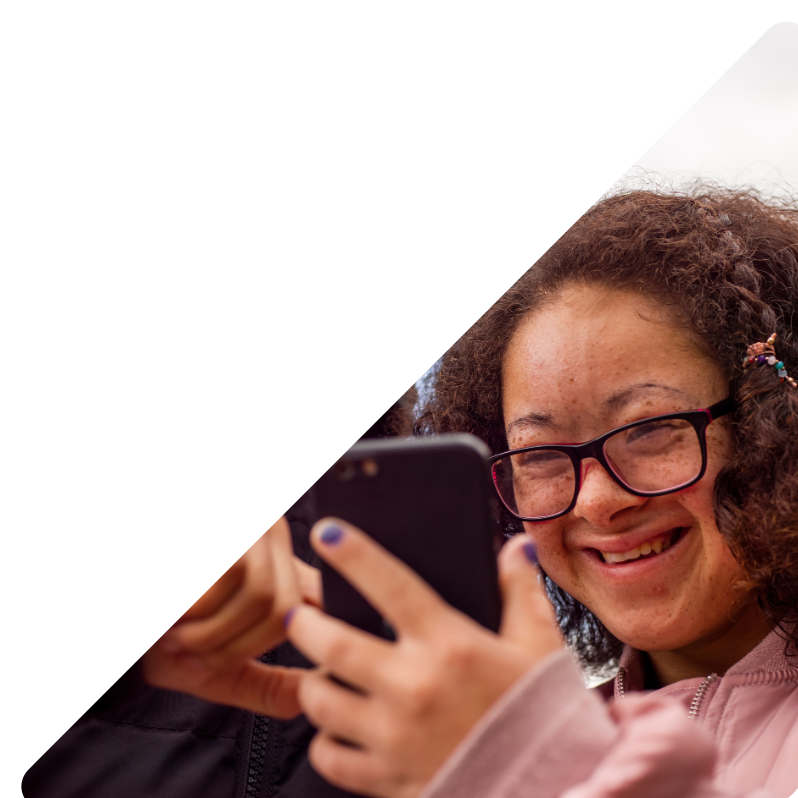2,321
Messaging conversations between received from service users and mental health practitioners




ChatHealth is being used by a variety of mental health services to improve access to their services. This offers a more accessible option for people who prefer to make contact via messaging due to reasons such as hearing impairments, learning disabilities or neurodiversity.
We are working with crisis mental health teams who have been mandated to provide a text service option alongside 24/7 phone lines. Perinatal mental health support is being offered via text to support maternal mental health during pregnancy and baby’s first year. Messaging lines for young people offer mental health support from school nursing services, Mental Health Support Teams (MHSTs) and CAMHS (Child and Adolescent Mental Health Services) teams.
See the real-world examples below to learn more:
Number of Messages Received
2,321
Messaging conversations between received from service users and mental health practitioners
Top Reasons for Contact
Busiest Time for Contact
On Tuesday and Thursday
at 10:00 – 13:00
Evidence
An NHS England case study on the launch of ChatHealth to offer mental health support in Northamptonshire
Feedback from a staff user
“The ChatHealth team provided guidance, and aided us to provide a fully inclusive service for those with mental health needs…A great delivery model and one we are pleased to
work alongside.” – Testimonial from Northamptonshire Healthcare NHS Foundation Trust.
Evidence
Peer-reviewed article on using messaging service to enhance access to mental health support.
Top Reasons for Contact
Busiest Time for Contact
On Monday and Wednesday
between 8am and noon
Service user feedback
“I was struggling so much today but having someone at the end of a text that’s willing to help is great.”
Service Lead testimonial
“We know 20% of women will experience mental health problems during the perinatal period. What we want Mum’s Mind to do is improve access to services. We want people to be able to speak about their mental health problems.”
Evidence
Peer reviewed article in the Mental Health Practice Journal explores the implementation of a messaging service in a perinatal mental service.
Service user case studies
Number of Contacts
2,321
messaging conversations
Top Reasons for Contact
Busiest Times for Contact
On Monday & Tuesday
between 15:00-16:00
Service User Experience
90%
of young people said their ChatHealth conversation helped them
Feedback from a Young Person
“This has really helped me. Thank you for letting me say what I was feeling without feeling judged.”
Feedback from a Staff User
“What a wonderful tool. The young people who use it do benefit and it’s great to be able to support them.”
Evidence
Peer reviewed article in the Mental Health Practice Journal explores the implementation of a messaging service in a perinatal mental service.
Evidence
Case study of a young people’s mental health service offering ChatHealth




HealthForms has been piloted in Leicester, Leicester & Rutland to review young people on the CAMHS Duty waiting list for assessments. The digital contact review was introduced to replace the six-monthly face-to-face reviews, which took up clinical time and had negative feedback from families as no treatment took place.
The HealthForms platform allowed the CAMHS team to assess the child/young person’s wellbeing and safety and be alerted of any ‘red flag’ concerns requiring follow-up, whilst advice and signposting is provided to families in a personalised care plan.
Leicestershire Partnership NHS Trust’s work has been announced as a finalist in the Nursing Times Awards 2025 for its work to improve waiting list times in children’s services using HealthForms. Winners will be announced on 23 October 2025 in London.
See the real-world example below to learn more:
Number of Responses
351
responses received
Outcomes
Number of Red Flag alerts
101
responses raised red flags
Clinical Efficiency
247
clinical hours saved
Service User Satisfaction
72%
of respondents said they like completing the review in a digital format
Feedback from a Service User
“I felt that I could say all the things that I wanted through the questionnaire.”
Award shortlist
Leicestershire Partnership NHS Trust announcement for CAMHS Digital Waiting List Review work being shortlisted for Nursing Times Awards 2025